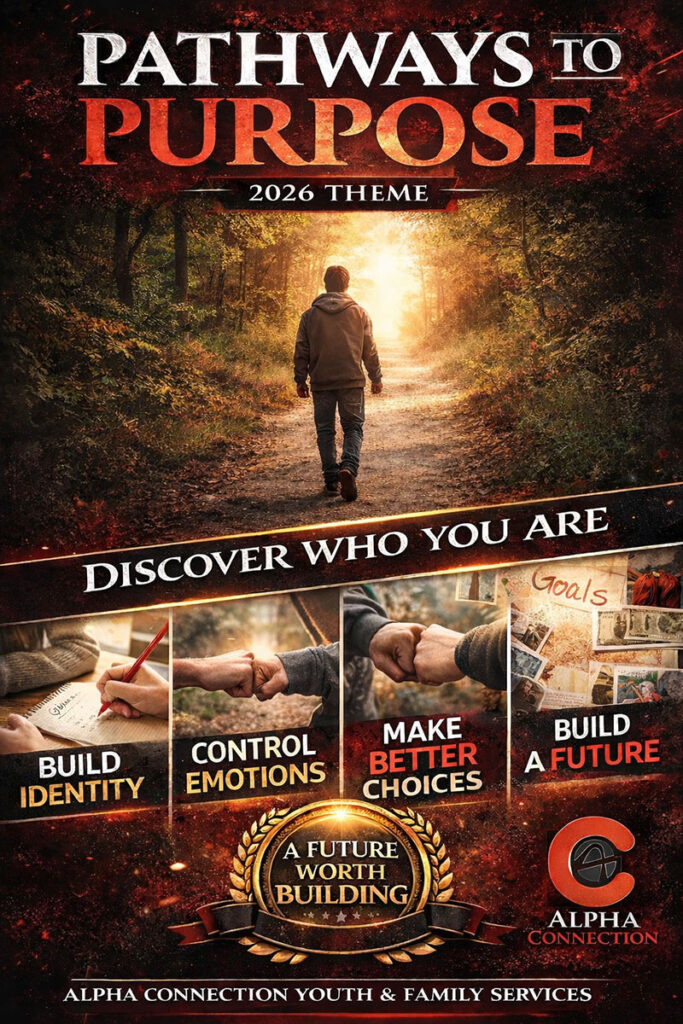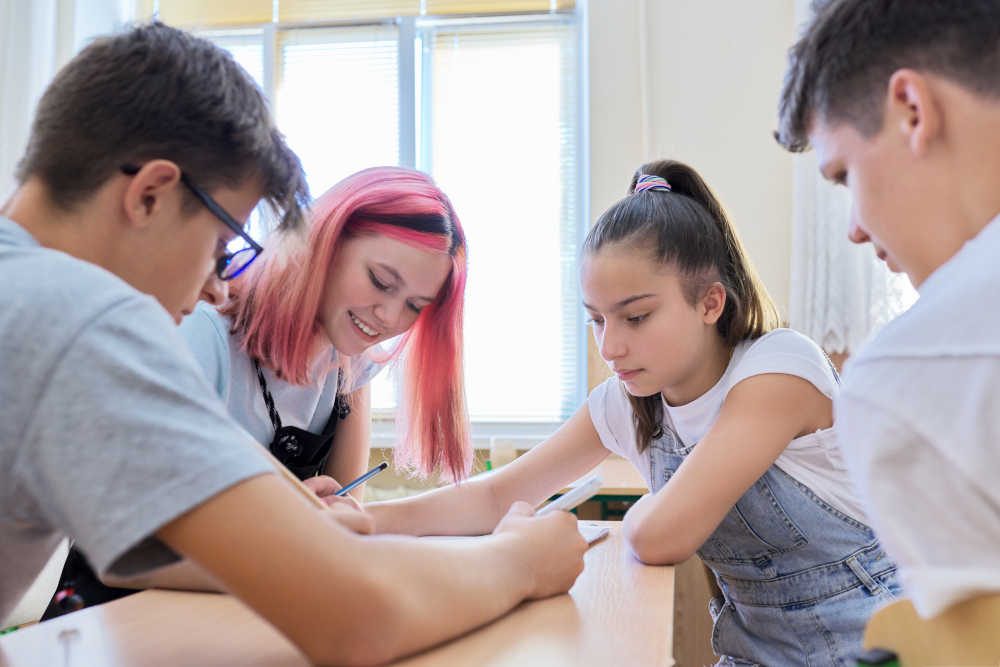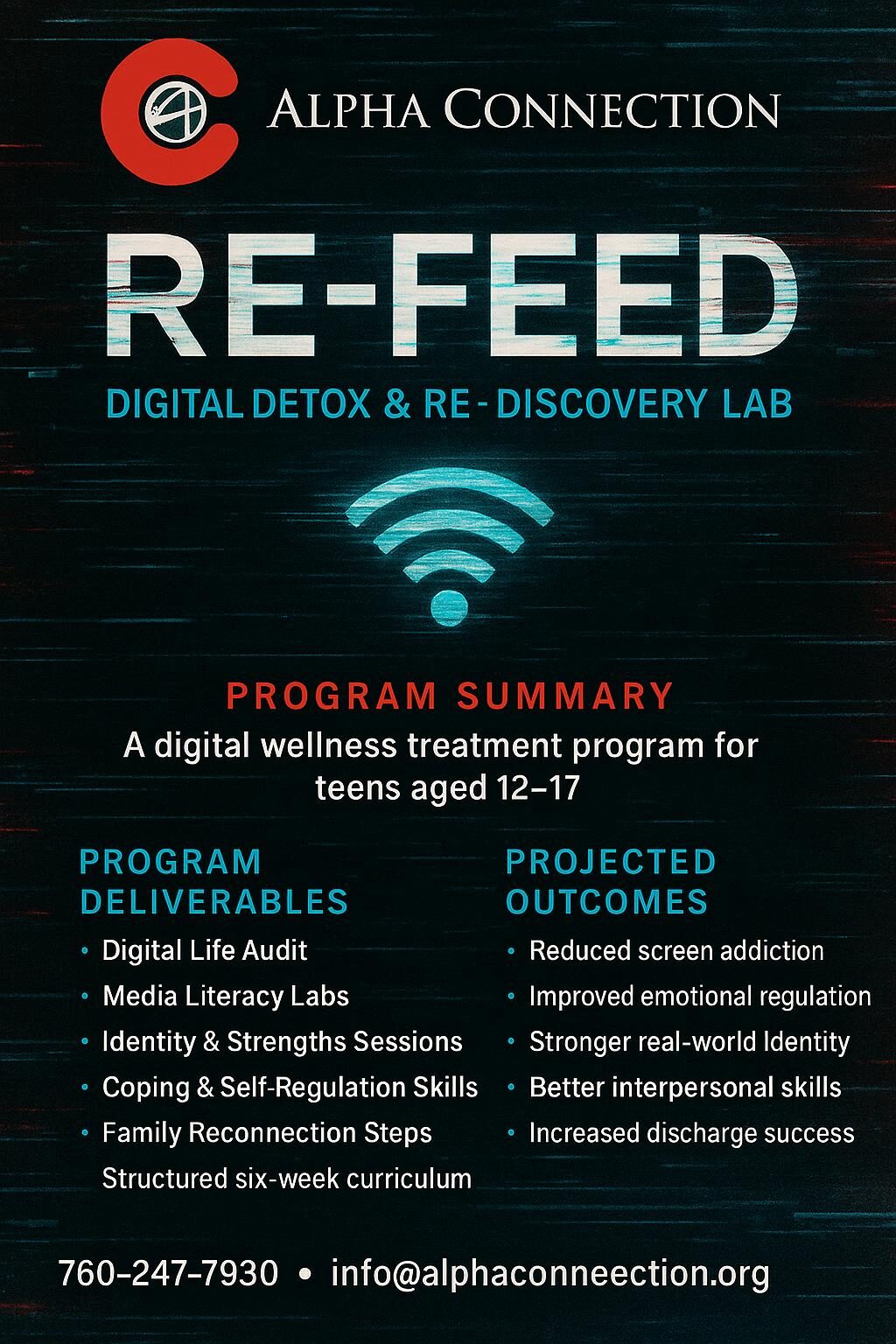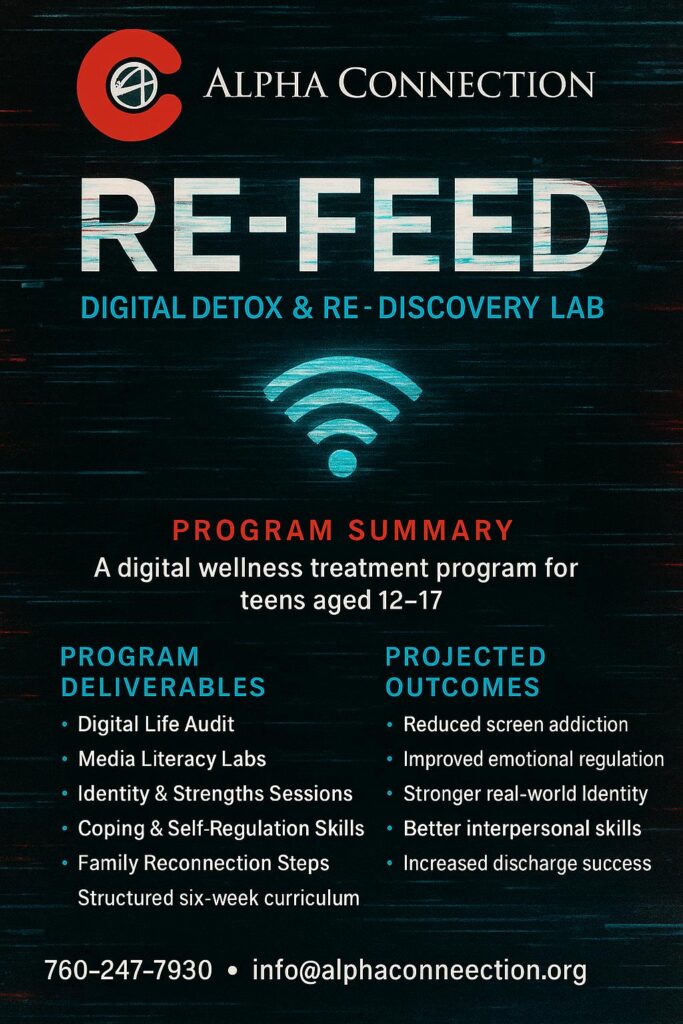Pathways to Purpose
A Signature Youth Development Program at Alpha Connection Youth & Family Services
Pathways to Purpose is Alpha Connection Youth & Family Services’ guiding program framework designed to support adolescents in care as they heal from trauma, build emotional stability, and develop a clear sense of identity, direction, and future readiness.
Developed for youth ages 12–17, Pathways to Purpose integrates structured group work, therapeutic recreation, and project-based learning to create a consistent, trauma-informed environment where youth can grow socially, emotionally, and developmentally while preparing for successful reunification, permanency, or transition to independence.
Program Focus
Pathways to Purpose centers on four core areas critical to adolescent success:
- Identity & Self-Worth
Youth are supported in developing a healthy sense of self beyond trauma, placement history, or past behavior. Programming emphasizes dignity, respect, strengths, and positive self-identity. - Emotional Strength & Anger Management
Youth learn coping strategies, emotional regulation skills, and healthy ways to manage stress and anger, contributing to improved behavior, reduced incidents, and greater stability in placement. - Healthy Relationships & Family Healing
The program promotes communication skills, boundary setting, conflict resolution, and readiness for family contact, reunification, or ongoing supportive relationships. - Future Planning: Education, Careers & Life Skills
Youth are encouraged to engage in school, explore career interests, and develop future-oriented goals that build hope, motivation, and long-term success.
Trauma-Informed Approach
Pathways to Purpose is grounded in trauma-informed principles, prioritizing emotional safety, predictability, choice, empowerment, and consistent adult support. Youth are never required to disclose trauma histories; instead, healing occurs through skill-building, structured routines, and positive relationships with trained staff.
Program Structure

Each facility implements Pathways to Purpose through:
- Weekly structured youth groups
- Purpose-driven recreational activities
- Hands-on projects that reinforce learning and personal growth
This consistent structure supports treatment goals, complements clinical services, and provides measurable opportunities for youth progress.
Outcomes & Benefits for Placement Agencies
Placement partners can expect:
- Increased emotional regulation and coping skills
- Improved youth engagement and behavior
- Stronger self-esteem and accountability
- Enhanced readiness for reunification or transition planning
- A consistent, developmentally appropriate program aligned with best practices in residential care
Our Commitment
Pathways to Purpose reflects Alpha Connection’s longstanding commitment to excellence, stability, and youth-centered care. We believe that when young people are given structure, respect, and meaningful opportunities to grow, they are better equipped to build safe, healthy, and successful futures.











